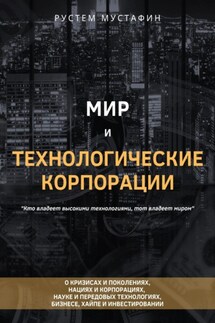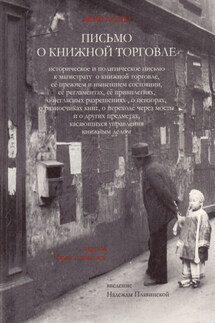The Great Boer War - страница 19
A dispatch from Sir Alfred Milner, giving his views upon the situation, made the British public recognise, as nothing else had done, how serious the position was, and how essential it was that an earnest national effort should be made to set it right. In it he said:
'The case for intervention is overwhelming. The only attempted answer is that things will right themselves if left alone. But, in fact, the policy of leaving things alone has been tried for years, and it has led to their going from bad to worse. It is not true that this is owing to the raid. They were going from bad to worse before the raid. We were on the verge of war before the raid, and the Transvaal was on the verge of revolution. The effect of the raid has been to give the policy of leaving things alone a new lease of life, and with the old consequences.
'The spectacle of thousands of British subjects kept permanently in the position of helots, constantly chafing under undoubted grievances, and calling vainly to her Majesty's Government for redress, does steadily undermine the influence and reputation of Great Britain within the Queen's dominions. A section of the press, not in the Transvaal only, preaches openly and constantly the doctrine of a republic embracing all South Africa, and supports it by menacing references to the armaments of the Transvaal, its alliance with the Orange Free State, and the active sympathy which, in case of war, it would receive from a section of her Majesty's subjects. I regret to say that this doctrine, supported as it is by a ceaseless stream of malignant lies about the intentions of her Majesty's Government, is producing a great effect on a large number of our Dutch fellow colonists. Language is frequently used which seems to imply that the Dutch have some superior right, even in this colony, to their fellow-citizens of British birth. Thousands of men peaceably disposed, and if left alone perfectly satisfied with their position as British subjects, are being drawn into disaffection, and there is a corresponding exasperation upon the part of the British.
'I can see nothing which will put a stop to this mischievous propaganda but some striking proof of the intention of her Majesty's Government not to be ousted from its position in South Africa.'
Such were the grave and measured words with which the British pro-consul warned his countrymen of what was to come. He saw the storm-cloud piling in the north, but even his eyes had not yet discerned how near and how terrible was the tempest.
Throughout the end of June and the early part of July much was hoped from the mediation of the heads of the Afrikander Bond, the political union of the Dutch Cape colonists. On the one hand, they were the kinsmen of the Boers; on the other, they were British subjects, and were enjoying the blessings of those liberal institutions which we were anxious to see extended to the Transvaal. 'Only treat our folk as we treat yours! Our whole contention was compressed into that prayer. But nothing came of the mission, though a scheme endorsed by Mr. Hofmeyer and Mr. Herholdt, of the Bond, with Mr. Fischer of the Free State, was introduced into the Raad and applauded by Mr. Schreiner, the Africander Premier of Cape Colony. In its original form the provisions were obscure and complicated, the franchise varying from nine years to seven under different conditions. In debate, however, the terms were amended until the time was reduced to seven years, and the proposed representation of the gold fields placed at five. The concession was not a great one, nor could the representation, five out of thirty-one, be considered a generous provision for the majority of the population; but the reduction of the years of residence was eagerly hailed in England as a sign that a compromise might be effected. A sigh of relief went up from the country. 'If,' said the Colonial Secretary, 'this report is confirmed, this important change in the proposals of President Kruger, coupled with previous amendments, leads Government to hope that the new law may prove to be the basis of a settlement on the lines laid down by Sir Alfred Milner in the Bloemfontein Conference.' He added that there were some vexatious conditions attached, but concluded, 'Her Majesty's Government feel assured that the President, having accepted the principle for which they have contended, will be prepared to reconsider any detail of his scheme which can be shown to be a possible hindrance to the full accomplishment of the object in view, and that he will not allow them to be nullified or reduced in value by any subsequent alterations of the law or acts of administration.' At the same time, the 'Times' declared the crisis to be at an end. 'If the Dutch statesmen of the Cape have induced their brethren in the Transvaal to carry such a Bill, they will have deserved the lasting gratitude, not only of their own countrymen and of the English colonists in South Africa, but of the British Empire and of the civilised world.'









